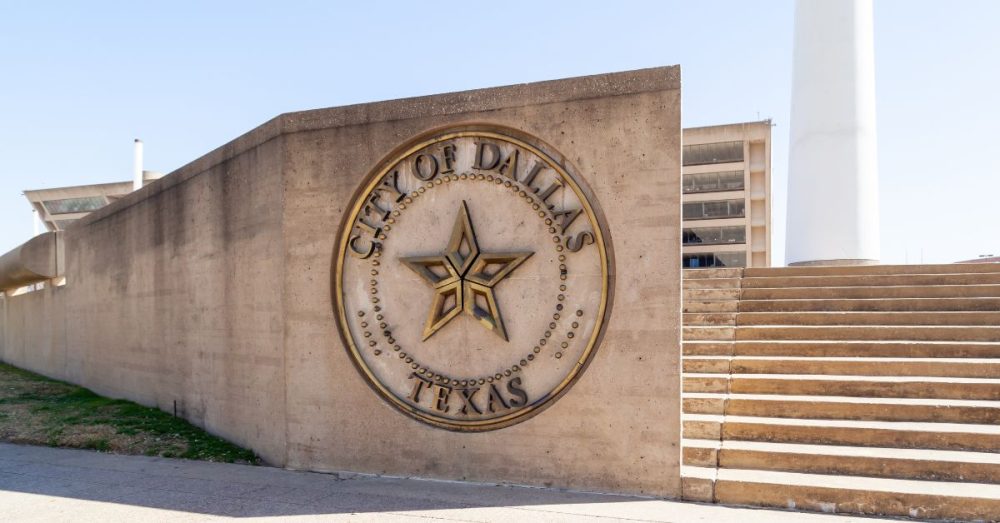Dallas citizens have an opportunity to protect their city through a series of charter amendments to be voted on in November, according to a local leader.
Local nonprofit Dallas HERO acquired the necessary signatures from citizens on three petitions that seek to amend the City charter. If the proposed amendments were enacted, they would require the Dallas police department to add 1,000 officers, create performance incentives for the City manager, and allow citizens to sue City leaders.
Pete Marocco, the executive director of Dallas HERO, said the petitions’ proposed amendments would quickly reform the City of Dallas if approved by voters in November.
“This is big news for Dallas,” Marocco told The Dallas Express. “It’s going to be a noticeable change in 18 months [if the amendments pass].”
Dallas HERO garnered the signatures of 169,000 Dallas citizens on their petitions, which were recently certified by City Secretary Bilierae Johnson. This means the proposed amendments will be on the ballot in November.
Marocco said he is optimistic about the likelihood of HERO’s petitioned amendments passing.
“We’re confident, but I don’t want to be overconfident,” he told DX. “We still have a major campaign ahead of us that’s going to require votes, an informed public, and support. It’s absolutely essential that we approach this with all seriousness and roll up our sleeves. We’ve got some long months ahead of us to ensure people have the right information.”
That’s if the voters are presented a ballot that accurately reflects the amendments proposed in HERO’s petitions. This is dependent upon the ballot language adopted by the Dallas City Council, likely with the guidance of the city attorney.
This step comes with potential pitfalls: The wording of the proposed amendments on the ballot can make a big difference in whether the measures are approved.
The Austin City Council lost a lawsuit in 2021 at the Texas Supreme Court, which determined it misled the public in its representation of a petitioned proposition on the ballot.
“[City leaders] all play games with ballot language,” Matt Mackowiak, co-founder of Save Austin Now, which won the lawsuit, previously told DX.
“Cities don’t like citizen petitions because it reduces their power,” he continued. “It reduces their ability to control policy and to control decisions. It can be a very effective tool because it becomes a check on the powers of the city council and mayor.”
Marocco said he would fight against any potential pushback from City leaders.
“There may be unanticipated challenges as there always are,” he previously told The Dallas Express. “We are watching very carefully the next few weeks.”
“We have let the City know that there is a statuary requirement and case law that supports us,” he continued. “They cannot alter the intent. So if there are bureaucratic tricks at work, we have anticipated those and believe we will get through them without a real problem.”
Dallas HERO conducted a poll that found city residents disapproving of leaders who attempt to manipulate the wording of proposals from citizen-driven petitions, as previously reported by DX.
The poll found that if the City tried to misrepresent the proposals on the ballot, 13% of respondents said they would take legal action, 42% would vote against city council members in future elections, 15% would call, visit, send letters, or speak at city council meetings on the issue, 20% would initiate a recall against city council members, and 8% would organize neighborhood or community action.
Only 9% of respondents said they would do nothing, while 43% said they would do all the listed actions.


